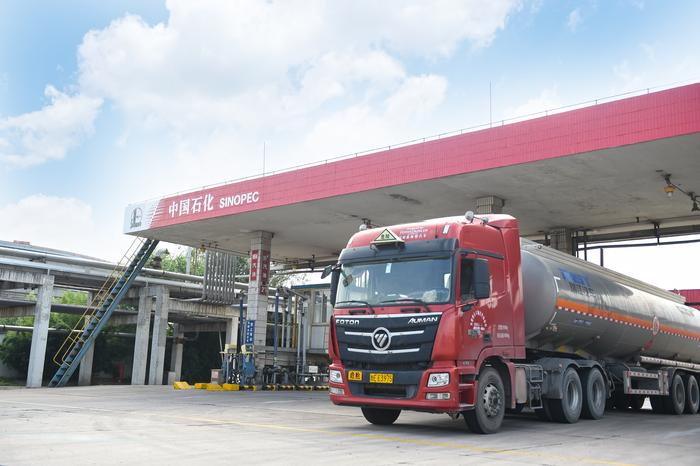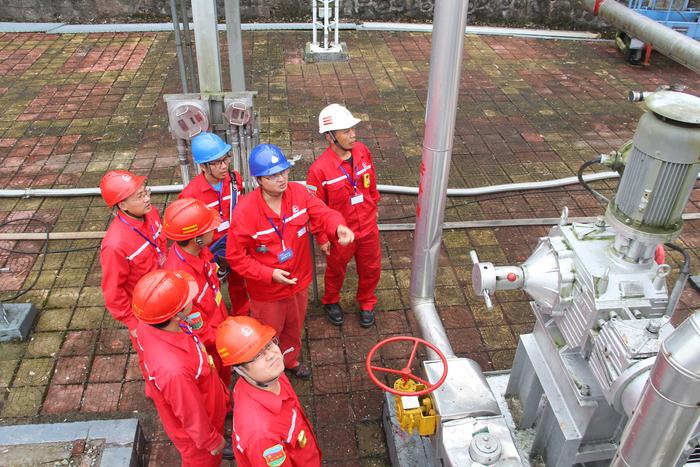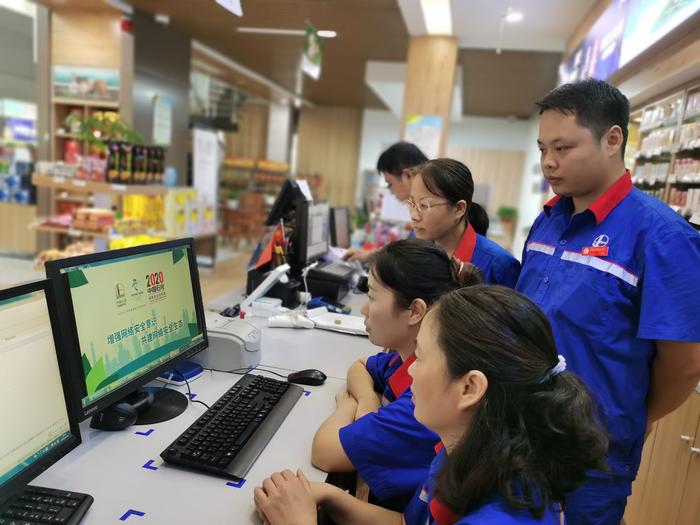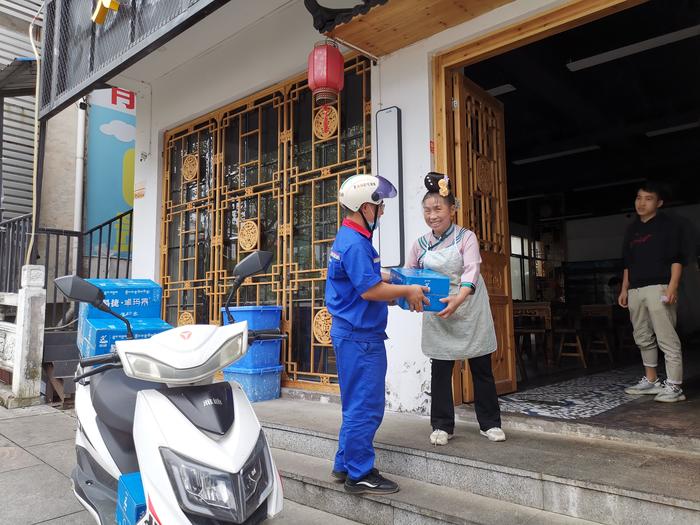|
| 2020-09-18 来源: 中国石化新闻网 |
| 石化新闻 |
中国石化新闻网讯 据路透社9月15日墨尔本报道,荷兰皇家壳牌(Royal Dutch Shell)澳大利亚子公司董事长周二表示,该公司不受澳大利亚天然气资产大幅减记的影响,仍将液化天然气业务和“新能源”收购视为其长期计划的核心。 作为欧洲最大的石油公司,壳牌的目标是到2050年实现其业务净零排放,并计划进行重大重组。壳牌仍将天然气视为此难题的关键部分,其约四分之一的天然气资产在澳大利亚。 7月,壳牌在下调长期油气价格预期后,对天然气业务进行了110亿美元的减记,主要是澳大利亚Prelude浮式LNG(液化天然气)和QGC业务。 QGC是壳牌在2016年以540亿美元收购英国天然气集团(BG Group)时取得的,该公司在昆士兰州东北部生产天然气,并运营昆士兰州柯蒂斯液化天然气工厂,该工厂是壳牌2019年3560万吨液化天然气产量的最大贡献者。 "我们把在澳大利亚的所有资产都视作我们投资组合的重要组成部分。我的工作是确保我们继续增加这些资产的价值,我们与我们的合作伙伴一起做到这一点,"壳牌澳大利亚主席Tony Nunan说。 他拒绝透露壳牌重组计划将如何影响澳大利亚业务。 该公司一直备受耗资170亿美元的Prelude FLNG项目问题的困扰——该项目是世界上最大的浮式容器,也是世界上仅有的两个浮式液化天然气项目之一。 去年,Prelude比原计划晚了两年多才运出首批货物,但由于电力和其他问题,今年大部分时间都处于关闭状态。Nunan拒绝预测Prelude何时可能恢复生产。 Nunan说:“因为我想要确保我们安全、正确地进行这项工作。我们不仅要考虑未来三个月的Prelude,还要考虑未来几十年的Prelude。” 壳牌在西澳大利亚附近的Gorgon液化天然气工厂也遇到了问题,壳牌在该厂拥有25%的股份。Nunan称,该公司正与Gorgon的运营商雪佛龙公司密切合作,分阶段关闭工厂的设备以解决焊接问题。 壳牌认为,QGC、Prelude及其在西北大陆架液化天然气、Gorgon液化天然气和Browse项目(澳大利亚最大的未开发海上天然气资源)中的股权,都能满足客户的长期需求,即便全球都在寻求削减碳排放的机会。 壳牌公司今年初承诺在昆士兰州开发一个耗资70亿美元的煤层气项目第一期,这是4月份油价暴跌期间业内一笔罕见的投资。 与此同时,该公司将澳大利亚视为向清洁能源转型的试验地,去年斥资6.17亿澳元收购了ERM Power,入股可再生能源电力开发商Esco Pacific,开发太阳能农场,最近又收购了碳农场公司Select Carbon。 该公司希望利用Select Carbon从土壤固碳中获得的知识,并将其应用于整个投资组合中,以创造碳抵消。 “最终,经济中有些领域较难脱碳,比如重型运输和某些类型的制造业……那么抵消就变得很重要了,” Nunan说。 沈韩晔 摘译自 路透社 原文如下: Shell focussed on turning around troubled Australian operations Undaunted by hefty writedowns on its Australian gas assets, Royal Dutch Shell sees its liquefied natural gas business and "new energy" acquisitions Down Under as core to its long term plans, the Australian unit's chairman said on Tuesday. As Europe's biggest oil company aims for net zero emissions from its operations by 2050 and plans a major restructuring, Shell still sees gas as a crucial part of the puzzle, with around a quarter of its gas assets in Australia. In July, Shell booked $11 billion in writedowns on its gas business, mostly on its Australian Prelude floating LNG (liquefied natural gas) and QGC business, after cutting its long-term oil and gas price outlook. QGC, which Shell acquired with its $54 billion takeover of BG Group in 2016, produces gas in the northeastern state of Queensland and runs the Queensland Curtis LNG plant, the biggest contributor to Shell's 35.6 million tonnes of LNG output in 2019. "We look at all of our assets in Australia as an important part of our portfolio. My job is to make sure that we continue to add value to those assets and we do that together with our partners," Shell Australia Chair Tony Nunan said. He declined to say how the Australian operations might be affected by Shell's restructuring plan. The company has been plagued by problems with the $17 billion Prelude FLNG project - the world's biggest floating vessel and one of just two floating LNG projects in the world. Prelude shipped its first cargo last year more than two years behind schedule, but has been shut for most of this year following electrical and other problems. Nunan declined to predict when Prelude might resume production. "Because what I want is to make sure that we do this safely, we do it right, and we don't just think about Prelude in the next three months, we think about Prelude in the next decades ahead," Nunan said. Shell has also been hit by problems at the Gorgon LNG plant off Western Australia, where it owns a 25% stake. Nunan said the company is working closely with Gorgon's operator Chevron Corp on the staged shut down of the plant's units to fix weld problems. Shell sees QGC, Prelude, and its stakes in North West Shelf LNG, Gorgon LNG and the Browse project - Australia's biggest undeveloped offshore gas resource - all meeting its customers' long-term needs even as the world looks to cut carbon emissions. Shell earlier this year committed to developing the first stage of a $7 billion coal seam gas project in Queensland a rare investment in the industry amid the oil price crash in April. At the same time, the company sees Australia as a test bed for the transition to cleaner energy, with its A$617 million acquisition last year of ERM Power, a stake in renewable power developer Esco Pacific, its development of a solar farm, and the recent acquisition of carbon farming company Select Carbon. The company is looking to use Select Carbon's knowledge from carbon sequestration in soil and apply it across its portfolio to create carbon offsets. "Ultimately, where there are parts of the economy that are harder to decarbonise, for instance heavy transportation and some types of manufacturing...then offsets become important," Nunan said. |








